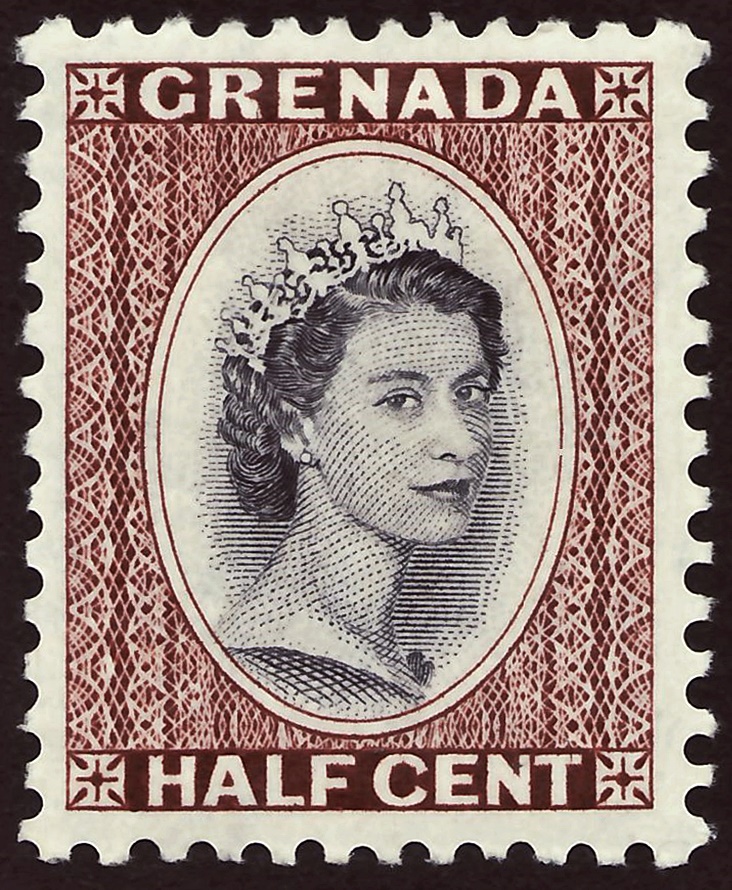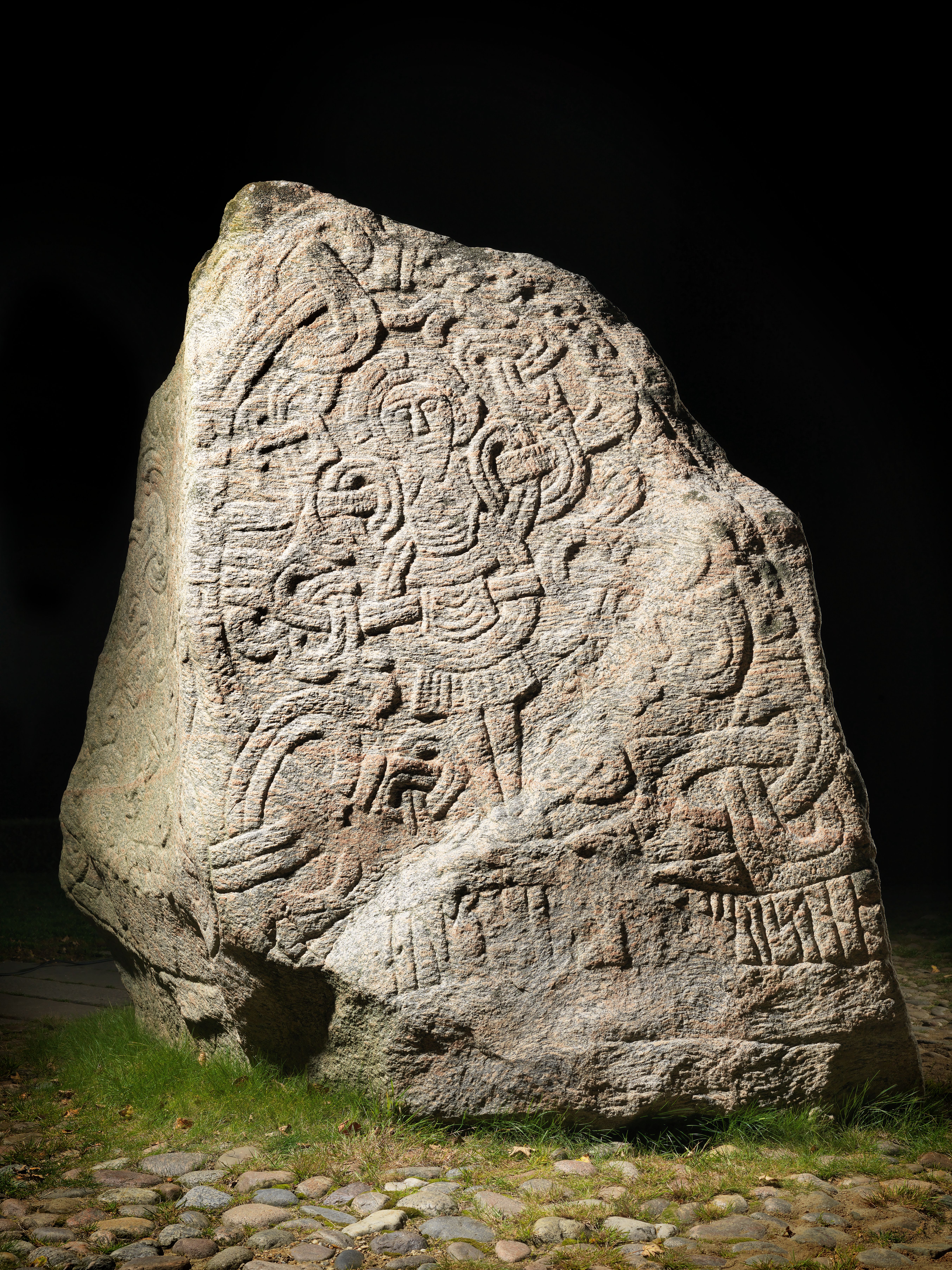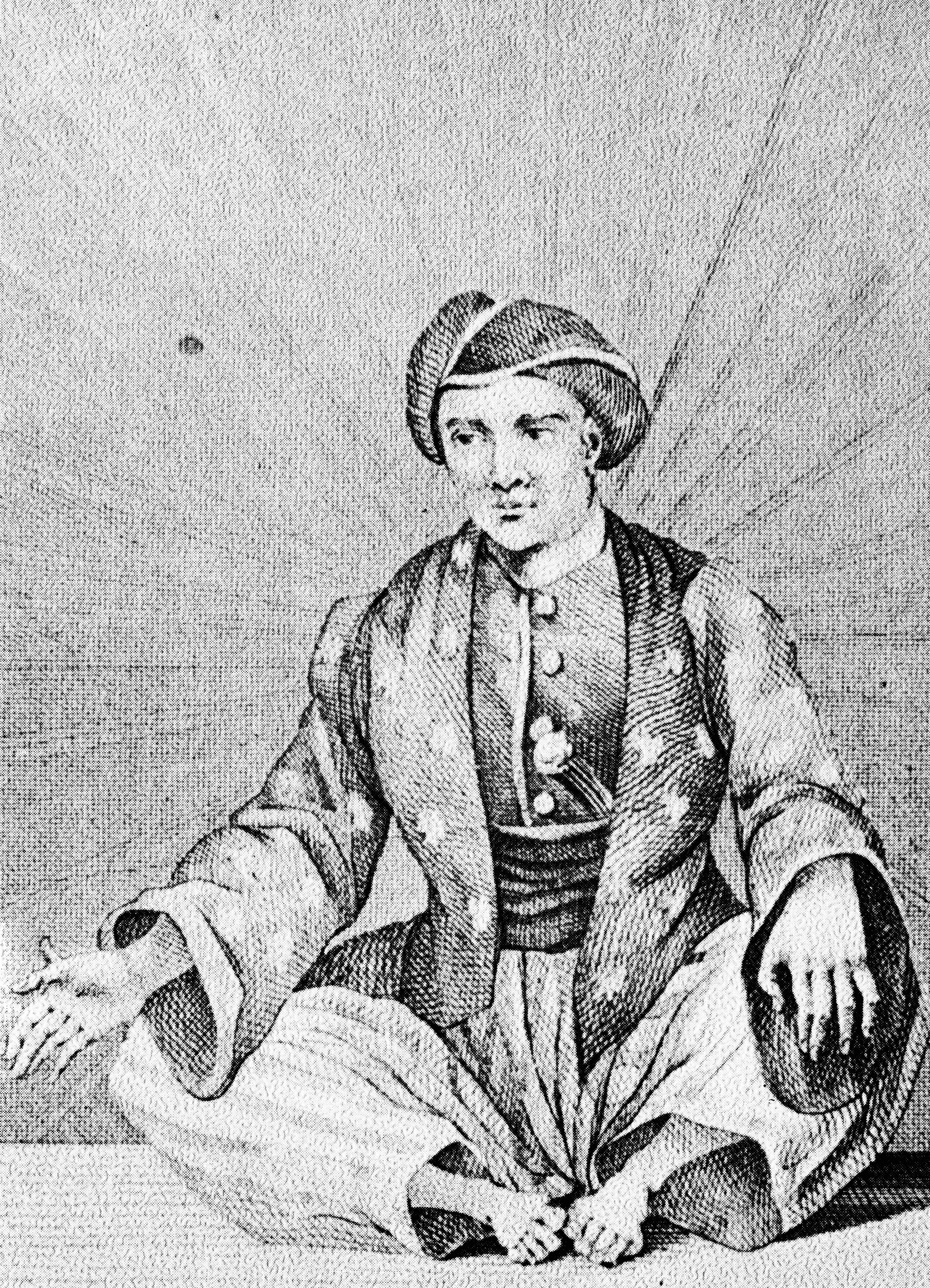|
List Of Monarchies By Order Of Succession
This is a list of current monarchies by order of succession (hereditary and elective). Current monarchies See also * List of monarchies Notes References {{DEFAULTSORT:Monarchies by order of succession Order of succession An order, line or right of succession is the line of individuals necessitated to hold a high office when it becomes vacated, such as head of state or an honour such as a title of nobility.Legal history Real property law Succession Law-related lists Order of succession ... [...More Info...] [...Related Items...] OR: [Wikipedia] [Google] [Baidu] |
Order Of Succession (Primogeniture) In The Monarchies Of The World
An order, line or right of succession is the line of individuals necessitated to hold a high office when it becomes vacated, such as head of state or an honour such as a title of nobility.UK Royal Web site "The order of succession is the sequence of members of the Royal Family in the order in which they stand in line to the throne. This sequence is regulated not only through descent, but also by Parliamentary statute." This sequence may be regulated through descent or by statute. form differs from |
King Of Bahrain
The king of the Kingdom of Bahrain ( ) is the monarch and head of state of the Kingdom of Bahrain. The House of Khalifa has been the ruling family since 1783. Between 1783 and 1971, the Bahraini monarch held the title of hakim, and, from 1971 until 2002, the title of emir. On 14 February 2002, the emir of Bahrain, Hamad bin Isa Al Khalifa, declared Bahrain a kingdom and proclaimed himself the first king. The king enjoys wide ranging powers, which include appointing the prime minister and the cabinet, holding supreme command over the Defence Force, chairing the Higher Judicial Council, appointing the parliament's upper house and dissolving its elected lower house. List of rulers Hakims of Bahrain (1783–1971) The Arabic title of the Hakim, as transliterated, was ''Hakim al-Bahrayn'' (). The Hakim also held the honorific title of sheikh. Emirs of Bahrain (1971–2002) The Arabic title of the Emir, as transliterated, was ''Amir dawlat al-Bahrayn'' (). The Emir also held t ... [...More Info...] [...Related Items...] OR: [Wikipedia] [Google] [Baidu] |
Emperor Of Japan
The emperor of Japan is the hereditary monarch and head of state of Japan. The emperor is defined by the Constitution of Japan as the symbol of the Japanese state and the unity of the Japanese people, his position deriving from "the will of the people with whom resides sovereign power". The Imperial Household Law governs the line of Succession to the Japanese throne, imperial succession. Pursuant to his constitutional role as a national symbol, and in accordance with rulings by the Supreme Court of Japan, the emperor is personally sovereign immunity, immune from prosecution. By virtue of his position as the head of the Imperial House of Japan, Imperial House, the emperor is also recognized as the head of the Shinto religion, which holds him to be the direct descendant of the sun goddess Amaterasu. According to tradition, the office of emperor was created in the 7th century BC, but the first historically verifiable emperors appear around the 5th or 6th centuries Anno Domini, AD ... [...More Info...] [...Related Items...] OR: [Wikipedia] [Google] [Baidu] |
Monarchy Of Jamaica
The monarchy of Jamaica () is a system of government in which a hereditary monarch is the sovereign and head of state of Jamaica. The current Jamaican monarch and head of state, since 8 September 2022, is King Charles III. As sovereign, he is the personal embodiment of the Jamaican Crown. Although the person of the sovereign is equally shared with 14 other independent countries within the Commonwealth of Nations, each country's monarchy is separate and legally distinct. As a result, the current monarch is officially titled ''King of Jamaica'' and, in this capacity, he and other members of the royal family undertake public and private functions domestically and abroad as representatives of the Jamaican state. However, the monarch is the only member of the royal family with any constitutional role. All executive (government), executive authority of Jamaica is vested in the monarch, and royal assent is required for the Jamaican Parliament to enact laws and for letters patent and O ... [...More Info...] [...Related Items...] OR: [Wikipedia] [Google] [Baidu] |
Monarchy Of Grenada
The monarchy of Grenada is a system of government in which a hereditary monarch is the sovereign and head of state of Grenada. The current Grenadian monarch and head of state, since 8 September 2022, is King Charles III. As sovereign, he is the personal embodiment of the Grenadian Crown. Although the person of the sovereign is equally shared with 14 other independent countries within the Commonwealth of Nations, each country's monarchy is separate and legally distinct. As a result, the current monarch is officially titled ''King of Grenada'' and, in this capacity, he and other members of the royal family undertake public and private functions domestically and abroad as representatives of Grenada. However, the King is the only member of the royal family with any constitutional role. All executive authority of Grenada is vested in the sovereign, and royal assent is required for the Parliament of Grenada to enact laws and for letters patent and Orders in Council to have legal effe ... [...More Info...] [...Related Items...] OR: [Wikipedia] [Google] [Baidu] |
Monarchy Of Denmark
The monarchy of Denmark is a constitutional institution and a historic office of the Kingdom of Denmark. The Kingdom includes Denmark proper and the autonomous territories of the Faroe Islands and Greenland. The Kingdom of Denmark was already consolidated in the 8th century, whose rulers are consistently referred to in Frankish sources (and in some late Frisian sources) as "kings" (). Under the rule of King Gudfred in 804 the Kingdom may have included all the major provinces of medieval Denmark. The current unified Kingdom of Denmark was founded or re-united by the Viking kings Gorm the Old and Harald Bluetooth in the 10th century. Originally an elective monarchy, it became hereditary only in the 17th century during the reign of Frederick III. A decisive transition to a constitutional monarchy occurred in 1849 with the writing of the first democratic constitution, replacing the vast majority of the old absolutist constitution. The current Royal House is a branch of th ... [...More Info...] [...Related Items...] OR: [Wikipedia] [Google] [Baidu] |
Monarchy Of Canada
The monarchy of Canada is Canada's Government#Forms, form of government embodied by the Canadian sovereign and head of state. It is one of the key components of Canadian sovereignty and sits at the core of Canadian federalism, Canada's constitutional federal structure and Westminster system, Westminster-style Parliamentary system, parliamentary democracy. The monarchy is the foundation of the Executive (government), executive (King-in-Council), legislative (King-in-Parliament), and judicial (Court system of Canada, King-on-the-Bench) branches of both Government of Canada, federal and Provinces and territories of Canada#Government, provincial jurisdictions. The current monarch is King Charles III, who has reigned since 8 September 2022. Although the sovereign is Personal union, shared with Commonwealth realm, 14 other independent countries within the Commonwealth of Nations, each country's monarchy is separate and legally distinct. As a result, the current monarch is official ... [...More Info...] [...Related Items...] OR: [Wikipedia] [Google] [Baidu] |
Agnatic Primogeniture
Primogeniture () is the right, by law or custom, of the firstborn legitimate child to inherit all or most of their parent's estate in preference to shared inheritance among all or some children, any illegitimate child or any collateral relative. In most contexts, it means the inheritance of the firstborn son (agnatic primogeniture); it can also mean by the firstborn daughter (matrilineal primogeniture), or firstborn child (absolute primogeniture). Its opposite analogue is partible inheritance. Description The common definition given is also known as male-line primogeniture, the classical form popular in European jurisdictions among others until into the 20th century. In the absence of male-line offspring, variations were expounded to entitle a daughter or a brother or, in the absence of either, to another collateral relative, in a specified order (e.g., male-preference primogeniture, Salic primogeniture, semi-Salic primogeniture). Variations have tempered the traditional, so ... [...More Info...] [...Related Items...] OR: [Wikipedia] [Google] [Baidu] |
Monarchy Of Cambodia
The monarchy of Cambodia is the constitutional monarchy of the Kingdom of Cambodia. The king of Cambodia () is the head of state and head of the ruling Royal House of Norodom. In the contemporary period, the king's power has been limited to that of a symbolic figurehead. The monarchy had been in existence since at least 50 AD except during its abolition from 1970 to 1993. Since 1993, the king of Cambodia has been an elected monarch, making Cambodia one of the few elective monarchies of the world. The king is elected for life by the Royal Council of the Throne, which consists of several senior political and religious figures. Candidates are chosen from among male descendants of King Ang Duong who are at least 30 years old, from the two royal houses of Cambodia (the House of Norodom and the House of Sisowath). Role Cambodia's constitution, promulgated in 1993, stipulated the king's role as a mainly ceremonial one. It declared that the king "shall reign, but not govern" as ... [...More Info...] [...Related Items...] OR: [Wikipedia] [Google] [Baidu] |
List Of Sultans Of Brunei
The Sultan of Brunei is the monarchical head of state of Brunei and head of government in his capacity as prime minister of Brunei. Since independence from the United Kingdom, British in 1984, only one sultan has reigned, though the royal institution dates back to the 14th century. The Sultan of Brunei can be thought of as synonymous with the ruling House of Bolkiah, with generations being traced from the first sultan, Muhammad Shah of Brunei, Muhammad Shah, temporarily interrupted by the thirteenth sultan, Abdul Hakkul Mubin, who in turn was deposed by a member of the House of Bolkiah. The sultan's full title is His Majesty The Sultan and Yang di-Pertuan Negara, Yang di-Pertuan of Brunei Darussalam. Sultans His Majesty The Sultan’s Flight The Sultan has had a private fleet of VIP aircraft since 1979https://www.Helios.com/database/org/Brunei-Government/ consisting of Boeing 747-8(V8-BKH) Boeing 767-200 (V8-MHB) and Boeing 787-8 (V8-OAS), as well as helicopters such as Sikor ... [...More Info...] [...Related Items...] OR: [Wikipedia] [Google] [Baidu] |
Primogeniture
Primogeniture () is the right, by law or custom, of the firstborn Legitimacy (family law), legitimate child to inheritance, inherit all or most of their parent's estate (law), estate in preference to shared inheritance among all or some children, any illegitimate child or any collateral relative. In most contexts, it means the inheritance of the firstborn son (agnatic primogeniture); it can also mean by the firstborn daughter (matrilineal primogeniture), or firstborn child (absolute primogeniture). Its opposite analogue is partible inheritance. Description The common definition given is also known as male-line primogeniture, the classical form popular in European jurisdictions among others until into the 20th century. In the absence of male-line offspring, variations were expounded to entitle a daughter or a brother or, in the absence of either, to another collateral relative, in a specified order (e.g., male-preference primogeniture, Salic primogeniture, semi-Salic primogenitu ... [...More Info...] [...Related Items...] OR: [Wikipedia] [Google] [Baidu] |
List Of Rulers Of Bhutan
Bhutan was founded and unified as a country by Ngawang Namgyal, 1st Zhabdrung Rinpoche in the mid–17th century. After his death in 1651, Bhutan nominally followed his recommended " Dual System of Government". Under the dual system, government control was split between a secular leader, the Druk Desi (, ''Deb Raja'');The original title is ་; . and a religious leader, the Je Khenpo (). Both the Druk Desi and Je Khenpo were under the nominal authority of the Zhabdrung Rinpoche, a reincarnation of Ngawang Namgyal. In practice however, the Zhabdrung was often a child under the control of the Druk Desi, and regional penlops often administered their districts in defiance of the power of the Druk Desis until the rise of the unified Wangchuck dynasty in 1907. Since the rise of the unified Wangchuck family in 1907, the Druk Gyalpo (; lit. "Dragon King") have been the head of state of the Kingdom of Bhutan. Druk Desis (1650–1905) Below appears the list of Druk Desis thro ... [...More Info...] [...Related Items...] OR: [Wikipedia] [Google] [Baidu] |




